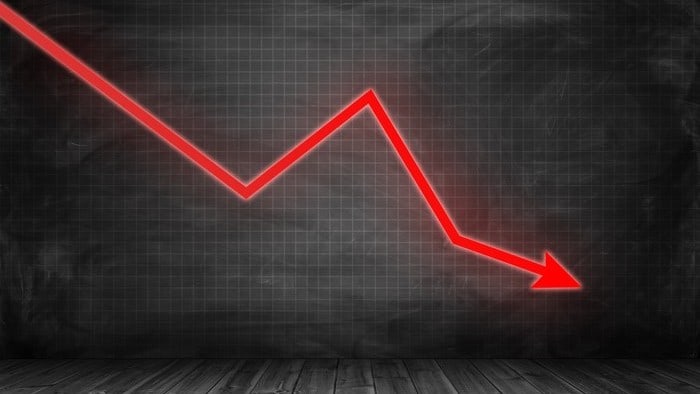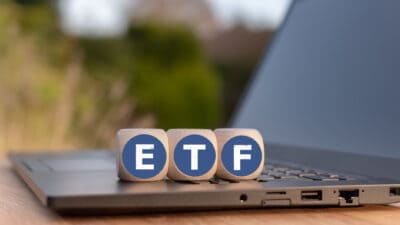The BetaShares Asia Technology Tigers ETF (ASX: ASIA) is gaining in intraday trade but remains down 10% since this time last month.
The exchange traded fund is weighted towards tech shares and is intended to track the performance of the Solactive Asia ex-Japan Technology & Internet Tigers Index.
Its top holdings include tech giants such as Tencent Holdings Ltd (HKG: 0700), Alibaba Group Holdings Ltd (NYSE: BABA) and Taiwan Semiconductor Manufacturing Mfg. Co. Ltd. (NYSE: TSM).
As you may expect, the ASIA ETF share price was a stellar performer following the COVID-19 driven market lows in early 2020. As the tech sector in general boomed, over the 11 months from 20 March 2020 through to 12 February 2021, the ASIA ETF share price gained 102%.
Since 12 February, the ETF has lost 27%. And it's remained under pressure over the past month.
Why is the ASIA ETF share price under pressure?
The ASIA ETF share price has been struggling alongside China's wider stock market. Over the past month China's CSI 300 Index is down 5.3%. By comparison the S&P/ASX 200 Index (ASX: XJO) is up 2.7% in that same time.
So what's been hampering the ASIA ETF share price?
Most fingers point in the direction of Chinese President Xi Jinping.
The leader of the world's most populous country and second largest economy has been rattling investor's nerves with a series of high-profile government interventions into the markets.
This follows the very public rebuke of billionaire and Alibaba founder Jack Ma last year. In November 2020, China's government moved to prevent the initial public offering (IPO) of Ma's Ant Group, which had been billed as the biggest IPO in history.
In June this year, the Chinese government turned its regulatory attentions to the education and tech sectors, cracking down on the US$100 billion after-school private tutoring sector. As Bloomberg reports, the government said private education had been "hijacked by capital". It ordered them to become non-profit organisations.
This move came along with "new requirements for data security reviews ahead of overseas IPOs, directives for food-delivery firms to pay staff a living wage and escalating curbs on unaffordable housing".
Investors tend to steer clear of uncertainty
The raft of new government red tape has left investors uneasily eyeing the future. And its clearly put pressure on the ASIA ETF share price.
According to Liao Ming, Beijing-based founder of Prospect Avenue Capital, "This marks a watershed shift in China's policy priorities. The government is going after industries that are creating the most social discontent."
Chinese ridesharing company DiDi Global Inc (NYSE: DIDI) was also hit by new regulations last month. This, after the government said technology companies with more than 1 million users now needed to pass a security review before they can list overseas.
According to Bloomberg:
Regulators made an example of Didi Global Inc — China's answer to Uber — which had squeaked through a U.S. IPO just before the new regulations, removing it from app stores in the country and hammering its valuation.
Free markets don't like unexpected regulations.
And investors don't like the added risks that come with uncertainty.
It's unclear how far Xi Jinping's government will continue with its regulatory clampdowns. And so long as that remains the case, the ASIA ETF share price may continue to face new headwinds.









